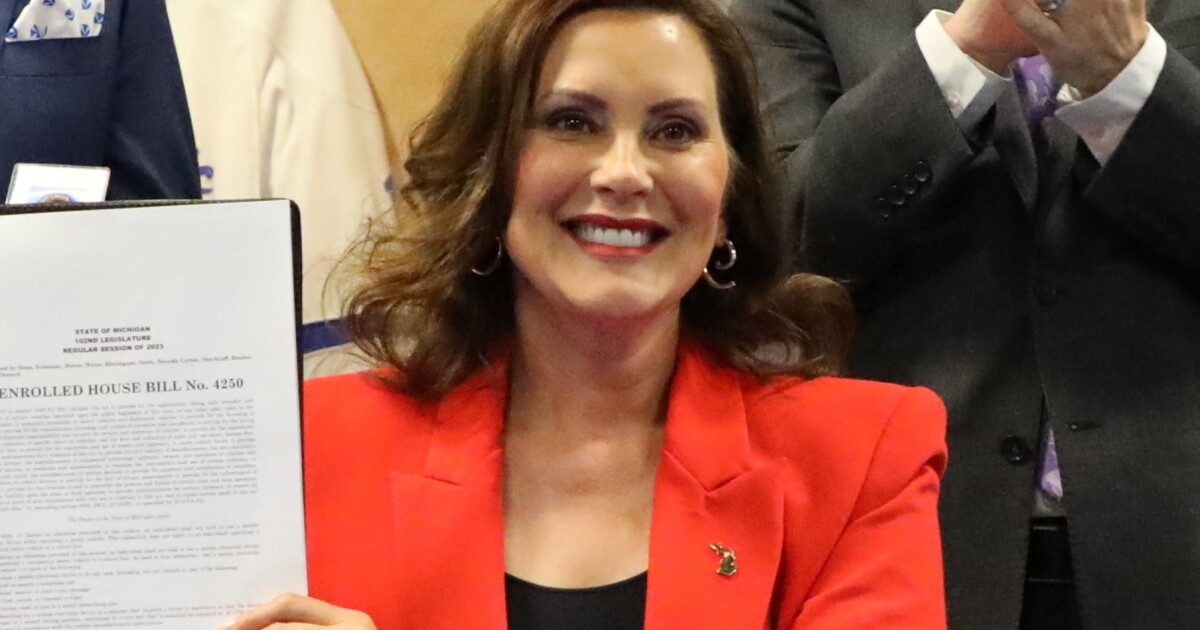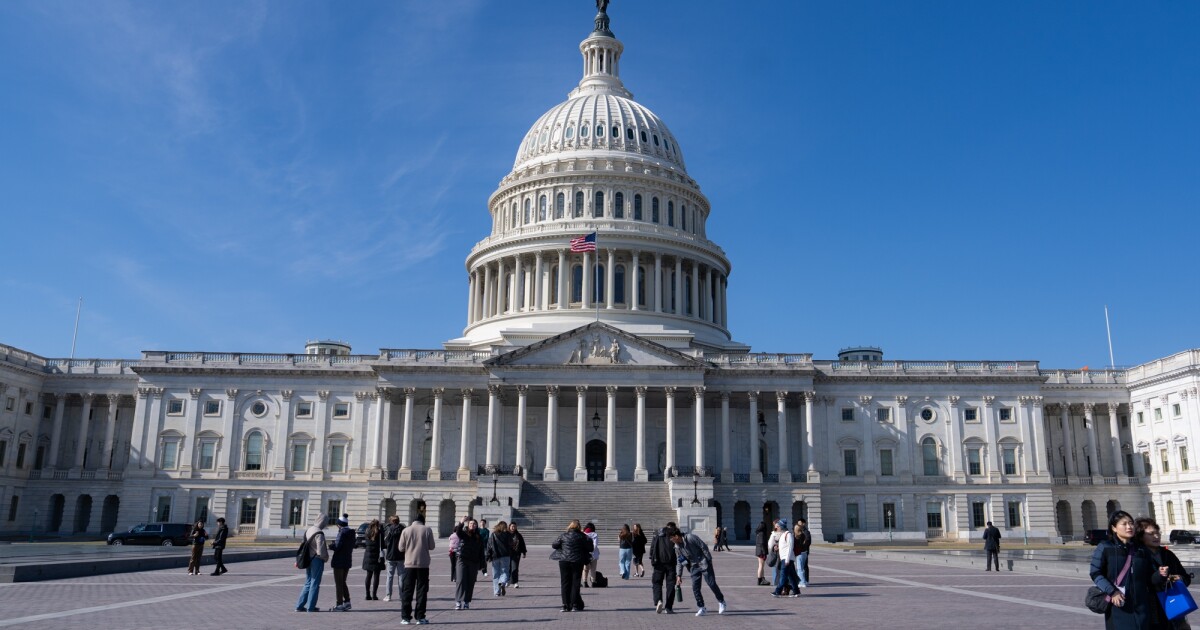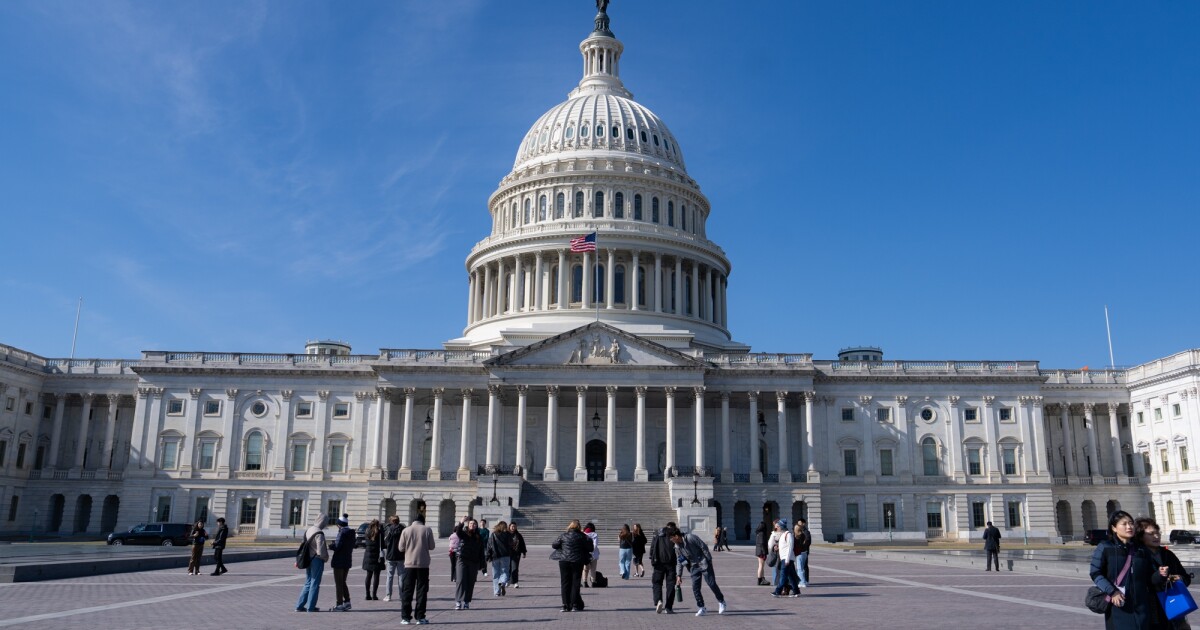Welcome to the latest update from the It’s Just Politics newsletter. Subscribe here to receive it directly in your inbox, and don’t miss the It’s Just Politics podcast for essential weekly political insights.
In a significant development concerning Michigan politics, Ann Minard, who once served as an aide to former Republican House Speaker Lee Chatfield, has agreed to a plea deal in a corruption case.
Minard, the former treasurer of the Peninsula Fund—Chatfield’s tax-exempt nonprofit—has pledged to testify against her former employer. The trial involving Chatfield is scheduled for next year, with potential witnesses including former politicians, lobbyists, and donors from Lansing.
Efforts are underway to secure a similar agreement with Minard’s husband, Rob Minard, who served as Chatfield’s chief of staff. The accusations against Chatfield, his spouse Rebekah Chatfield, and the Minards center on allegations of diverting funds from the Peninsula Fund for personal use.
To gain insights into the unfolding legal proceedings, we sought the expertise of Matthew Schneider from the Honigman law firm, a former U.S. Attorney in western Michigan.
Insights from a Legal Expert
Rick Pluta: Can you recall any cases similar to this one?
Matthew Schneider: “I’ve handled many cases involving the same type of allegations, which is fraud. The difference here is that the allegations are playing out with a former elected official. Although that heightens the media publicity… I do tend to think that both the prosecutors and the defense attorneys are going to approach this as they would a lot of other cases – do the same type of investigation, do the same type of preparation. It’s just that the figure [Chatfield] attached to it is going to achieve a lot more media publicity.”
RP: Might this case reveal the inner workings of Lansing’s political sphere?
MS: “It’s an excellent question. And I think the answer is no, because if you look at the allegations, it involves people giving money to Chatfield or his entities. And from what we can tell in the public filings, a lot of people had no idea that wrongdoing was taking place, and people wouldn’t have given money if they thought wrongdoing was taking place. So there’s a lot of people here who will continue to donate to political causes that they believe in. They’ll continue to do that because they have no idea that the money might be being misused.”
RP: Will this case alter Lansing’s political practices?
MS: “Well, if the people accepting the money are committing crimes, it should change that. But as we’ve seen from the beginning of this country’s history, there’s always been political actors who’ve taken money improperly. And that has been happening for the last several hundred years. And I just don’t think this one case is going to change the course of American history moving forward.”
RP: Or human nature?
MS: “Yes, that’s correct. You know, it’s interesting, because the same question came up when [former Detroit Mayor] Kwame Kilpatrick was charged. And the question was ‘well, isn’t this the end of corruption?’ And some people said, ‘yes.’ Well, I indicted [former Macomb County Prosecutor] Eric Smith and he was prosecuted and convicted and we are still talking about elected officials committing crimes involving fraud. We all would like to have that as an impact for future actors. But that’s not always the case.”
RP: Was the House Fiscal Agency scandal different?
MS: “Yeah, I mean, that’s up to the Legislature in some respects about if they want to put other controls in place. I don’t think we can change human nature. But, of course, we could put different controls in place to make things harder to do. I’m sure that those ideas will be coming up.”
This conversation has been edited for brevity and clarity.
Ann Minard’s testimony in court is not expected until October 2026, coinciding with the planned start of the Chatfield trial. Schneider commented on the extended timeline: “This time frame, that would be pretty normal for a federal case… but typically state cases move faster than that. So, because this isn’t moving faster, that makes me think that there’s a lot more evidence that both the defense and the government need to go through. That it’s just more complicated than maybe what meets the eye.”
____________________
Have questions about Michigan politics? We want to hear from you! Reach out via email at politics@michiganpublic.org!
_______________________
Petition signature gatherers can lie to you about what’s in the petition you’re signing. New legislation aims to curb fraud in the petition signature gathering process. Plus, lawmakers look to throw the legal cannabis industry a bone after passing the new 24 percent wholesale tax on marijuana.
_______________________
What we’re talking about at the dinner table
Business Class: Governor Gretchen Whitmer’s ambitious plan to establish an electric vehicle battery plant in Michigan crumbled this week. The state has accused Gotion, backed by Chinese interests, of failing to honor its commitments, prompting the Michigan Economic Development Corporation to attempt reclaiming $23.6 million allocated for land acquisition near Big Rapids. This situation reignites the debate over taxpayer-funded business incentives in Michigan, a complex issue since the early 1990s.
Marriage rights: The U.S. Supreme Court may soon decide on hearing a case that could potentially reverse same-sex marriage rights, previously cemented by the Obergefell decision. The Michigan DeBoer v. Snyder case was instrumental in nullifying the state’s same-sex marriage ban, and now a county clerk in Kentucky is challenging the obligation to issue licenses to same-sex couples, citing religious freedom. The decision on whether to hear this case is expected soon, according to SCOTUSBlog.
Wild kingdom: The Michigan Supreme Court is set to examine a case concerning animal rights after an appeals court declined to recognize a group of chimpanzees’ right against unlawful imprisonment. An animal rights organization argues for habeas corpus rights for chimpanzees, citing their biological similarities to humans. Additionally, a Michigan House committee is reviewing a bill to ban distressful medical experiments on dogs, a proposal with strong bipartisan support.
_________________________
Yours in political nerdiness,
Rick Pluta & Zoe Clark
Co-hosts, It’s Just Politics
________________________
—
Read More Michigan News










